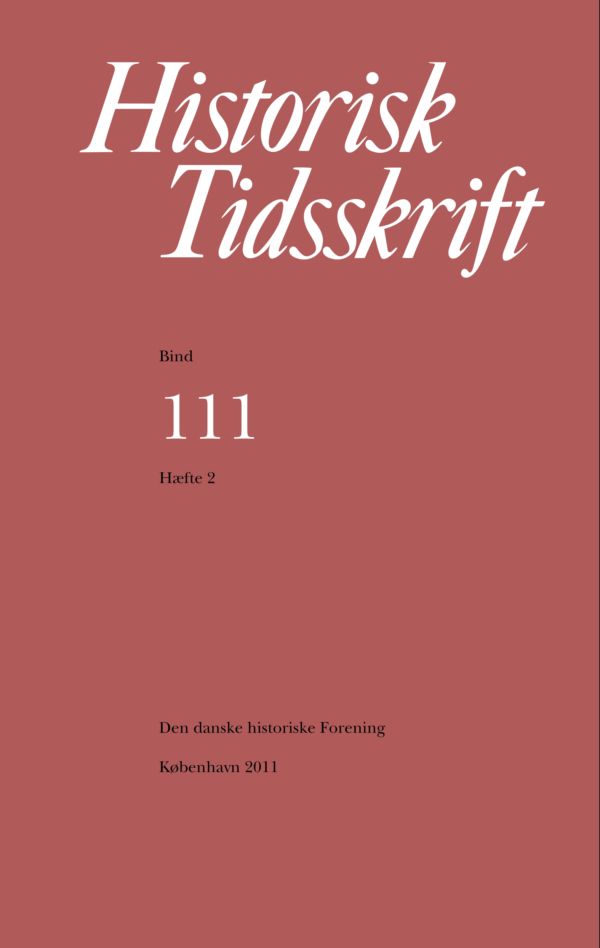Det der ligner sandheden. Havde Cicero en konsistent teologi i sine filosofiske skrifter?
DOI:
https://doi.org/10.7146/ht.v111i2.56522Resumé
What Seems to Be the Truth Did Cicero Apply a Consistent Theology to his Philosophical Writings?Contrary to a widespread opinion that Cicero was an eclectic philosopher with no real mind of his own, this article argues that he offered consistent and coherent answers to a series of questions regarding, among other things, the nature of the gods, the meaning of fate, and, not least, the art of divination, which he rejected precisely on philosophical grounds. Cicero put forward these ideas in the period 46-44 BCE. In an earlier phase, 54-52 BCE, he appears to have operated on another, less consistent platform. This does not imply that Cicero developed his thoughts on these issues according to an evolutionary pattern where »philosophy« gradually replaced »religion«. Rather, the difference reflects the substitution of one viewpoint by another; however, they were both grounded in religion. As soon as we recognize that Cicero in three important works sometimes – amidst dialogic polyphony – allows himself to display personal perceptions and attitudes, a coherent worldview on his part becomes discernible. The basic tenets of Stoic theological doctrine are commendable, he says (cf. On the Nature of the Gods). Nevertheless, the art of divination is reprehensible (cf. On Divination) because it implies an utterly unethical fatalism (cf. On Fate). Compared with other pronouncements of his on the same subject, this consecutive unfolding of a compelling argument reveals a large measure of independence in Cicero’s treatment of his Greek mentors in philosophy and theology. Besides inspiration from especially the Stoic Panaitios, Cicero picks up elements from two other philosophical schools, Skepticism and Middle Platonism. He combines them in an original, highly logical and cogent way, presenting a strong attempt to frame his judgments within a coherent worldview. The combination of Stoic theology and cosmology with the method of the Skeptics and rejection of divination is definitely convincing. However, the original character of Cicero’s philosophical thought is best revealed through his synthesis of Roman/Stoic devotion to public duty and the Platonic conception of the afterlife of the soul.Downloads
Publiceret
Citation/Eksport
Nummer
Sektion
Licens
Ophavsret til bidrag i Historisk Tidsskrift tilhører forfatterne og Den danske historiske Forening som udgiver af Historisk Tidsskrift. For illustrationer gælder den ophavsret, som står anført i billedteksten. Ophavsretslovens almindelige bestemmelser gælder, hvilket vil sige, at ophavsretten gælder i 70 år efter forfatterens død. Bidrag i Historisk Tidsskrift må derfor, med forbehold for en ”moving wall” på tre år, frit downloades, læses, gemmes, anvendes og citeres (med kildeangivelse) i privat og videnskabelig sammenhæng, men de må ikke helt eller delvis genudgives af tredjepart, heller ikke i redigeret form, uden tilladelse fra forfatterne og Den danske historiske Forening. Henvendelse skal i så fald rettes til Historisk Tidsskrifts redaktion på histtid@hum.ku.dk.





